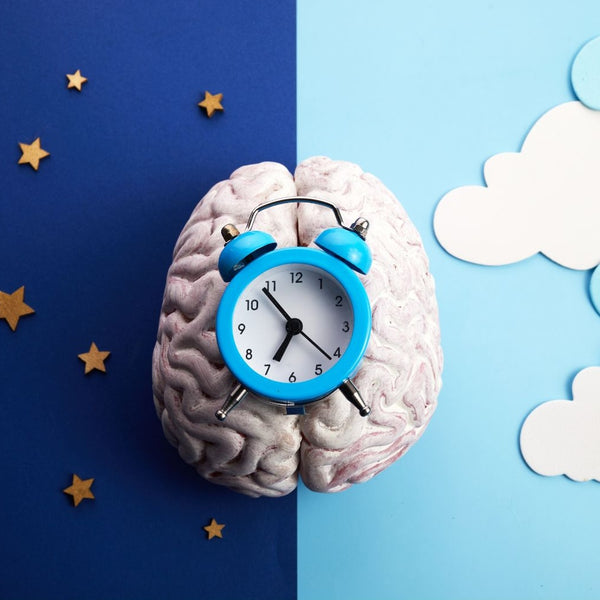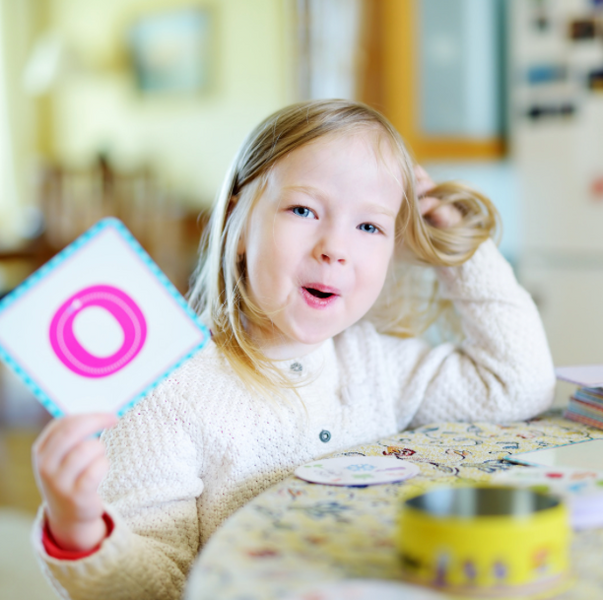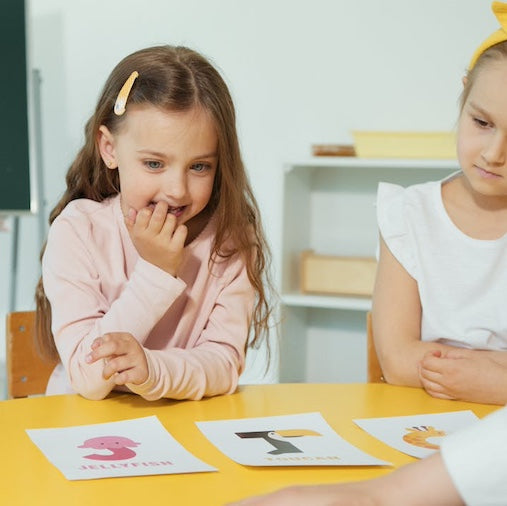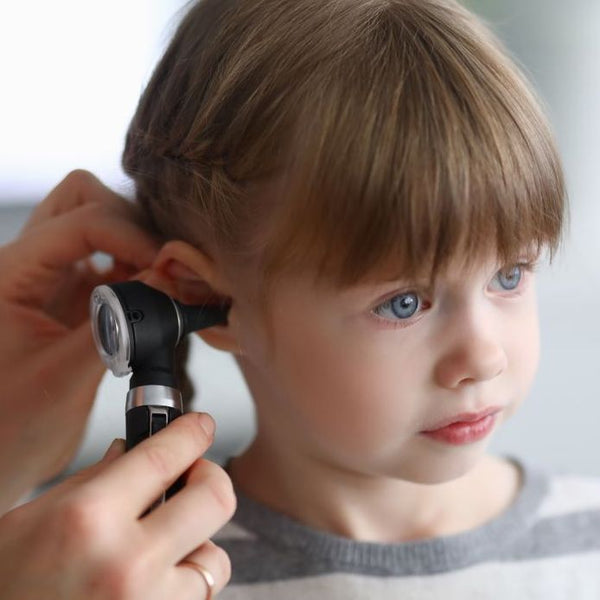Research -- StepUp to Learn
Mastery of Language Could Predict Longevity
In a study of longevity factors from dental health to wellbeing, verbal fluency came out on top.
New Brain Mapping Technique Reveals Insights into Attention and Language
Mapping connections between brain regions reveals insights into how higher order functions like language and attention are organized.
Unlocking the Science of Sleep: How Rest Enhances Language Learning
New study reveals the profound significance of sleep on language-learning.
Scanning, Scrolling, and Swiping: New Research Uncovers Why Our Brains Are Effective at Quickly Processing Short Messages
Our brains detect basic sentence structure nearly as quickly as they recognize a visual scene.
The Myth about Math Talk at Home
When parents talk about math at home, children’s math skills improve. Or does it?
Why Preschool is a Crucial Time to Boost Memory Skills
New insights into the role of language in the development of autobiographical memory.
Key to Right Interventions for Kids with Language Disorders
New screening tools in child health care are effective in identifying early language and communication difficulties in children.
A New Link Between Movement and Developmental Language Disorder
A part of the brain associated with movement is abnormal in children with developmental language impairments.
Don't Love to Read? Try Reminiscing with Your Kids
To boost the quality of a preschooler’s language experience and skills, a new study provides an alternative to shared reading.
Chronic Childhood Ear Infections Delay Language Development
Ear infections are a common childhood experience, but a new study suggests parents should take these infections seriously to preserve their children’s language development.
The Most Significant Predictor of Writing Ability
Researchers discover the key to closing the achievement gap in English learners' writing abilities.
-
Previous
- Page 1 of 7
- Next












